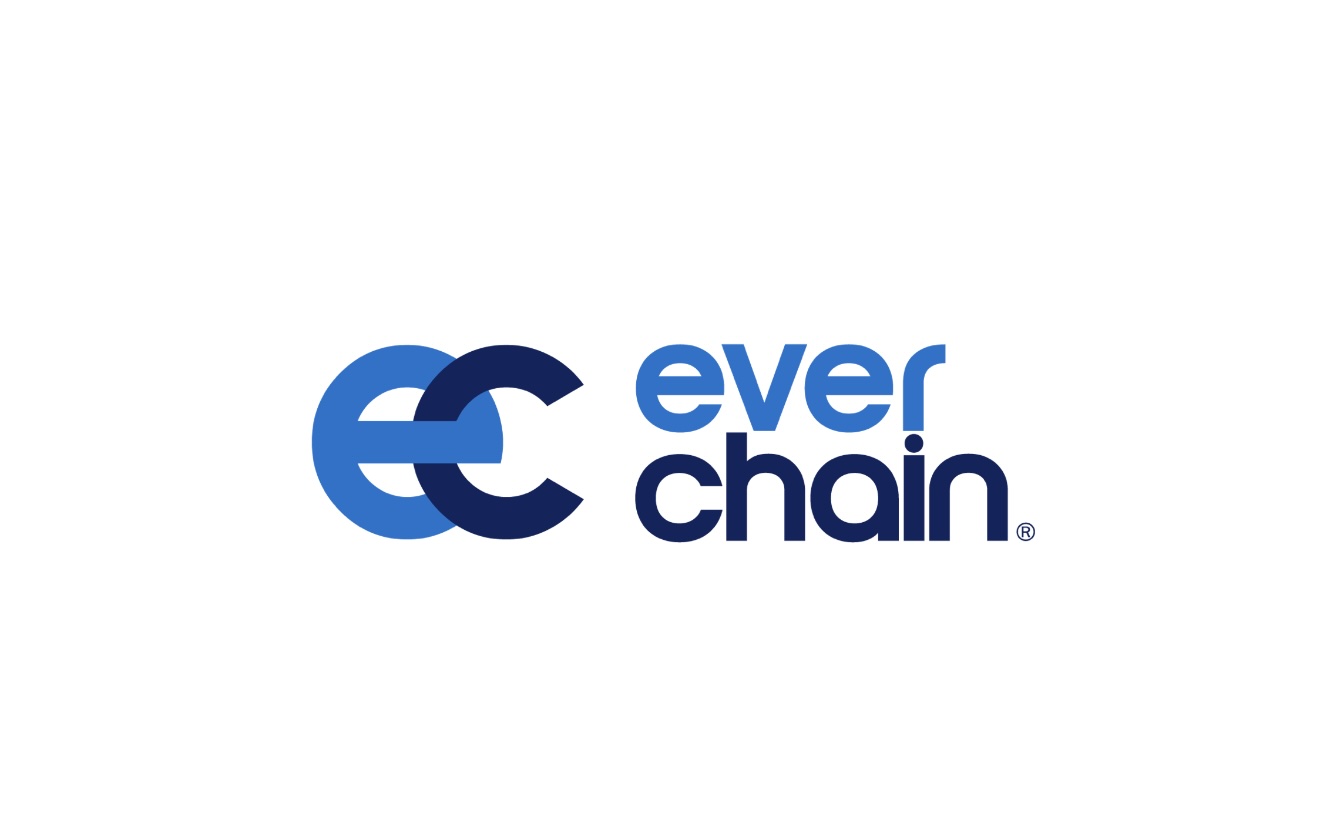Source: site

Thomas was served with the legal paperwork in March 2022 but did not respond. MCU, following what’s often the standard process, asked the court for a settlement conference – a step usually required in New York residential foreclosures. Over the next year, MCU sent several letters to the court about the conference and eventually participated in one in April 2024. Meanwhile, West Fork Funding, LLC acquired the condo through a separate foreclosure by the condo board, which was pursuing unpaid common charges.
After the court conference, MCU moved for a default judgment and an order of reference. The court granted the motion in August 2024, but required MCU to notify the new owner, West Fork. MCU did not serve West Fork. Despite this, MCU moved for a judgment of foreclosure and sale, stating it had complied with settlement conference requirements.
West Fork opposed, arguing that MCU missed the deadline to move the case forward. Under New York law, a lender must take action within one year after a defendant’s default or risk having the case dismissed as abandoned. The trial court sided with MCU, but West Fork appealed.
The appeals court reversed the lower court. It held that the usual settlement conference rules did not apply because the borrower was deceased and not living at the property when the foreclosure action started. The time MCU spent seeking and participating in a settlement conference did not pause the one-year deadline.
Because MCU did not take the necessary steps within that year, the court dismissed the foreclosure action as abandoned.




